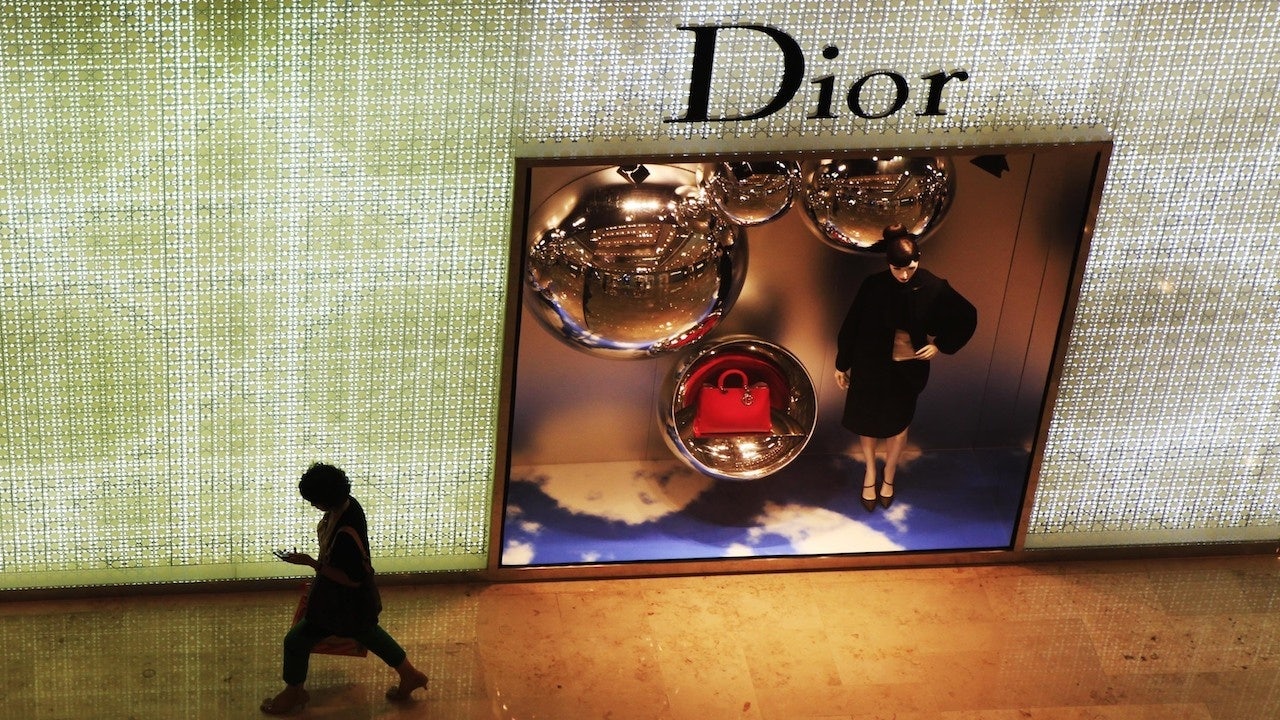Liu Ting is a post-90 consumer who works at a boutique brand consultancy company in Shenzhen. The unexpected outbreak of COVID-19 forced her company to lay off half of the staff; fortunately her clients stayed but in financial terms, the experience left her in an anxious state of mind.
Ting is now making changes to how she spends her money: she is putting away part of her salary to a savings account just in case of a “lay off.” As a self-proclaimed bag-aholic, instead of buying favoured items from go-to shopping destinations, has instead is using the second-hand platform Idle Fish where she hunts for used luxury bags in nice condition.
Liu Ting is not the only one who has learned to tighten her belt; COVID-19 is a wake up call to a lot of young generations to shift from their free-spending lifestyle. Known as the debt generation, they have little savings and the unexpected disaster has taken a toll and they have come to the reality of saving. According to data provided by the Central Bank, national deposits increased by 6.47 trillion yuan in the first quarter of 2020, an increase of 400 billion yuan year-on-year.
An important demographic for luxury brands, will this generation’s saving behavior shift negatively impact the greater luxury industry? And if so, to what degree, and will it last long enough to alarm brands?
What Fuels Revenge Spending?#
Much as reported on the revenge shopping scene in China which is believed to offset brands’ losses - at least temporarily. Financial earnings comforting stakeholders and long queues outside of luxury mall stores have also evidenced the trend.
However, when Jing Daily spoke to several store associates at the China World Mall in Beijing, home to many luxury brands’ flagship stores, they recognized the demand boom quite soberly: “Mostly driven by the price rise”, or “because people are unable to travel abroad, many allocated their travel shopping budget domestically, especially now the price gap has narrowed,” and “brands like Hermès and Chanel especially are in demand because of their investment value,” are all reasons attributed to the allusion of revenge spending.
All in all, the drive behind such a scene is obvious – consumers are more price-sensitive than ever, and their luxury purchase decisions are largely driven by price which has implications for it’s counterpart, revenge saving.
The Rise of ‘Revenge Saving’#
‘Revenge saving’ is the latest buzzword coined by the Chinese media while the hashtag #Ditchyourself has become a new mantra for the younger generation – it has millions of views with numbers still climbing. Many netizens are also flocking to online groups such as ones dedicated to the Japanese art of de-cluttering.
As the epidemic eases, the demand to sell is growing among consumers eager to make money and de-clutter. Like Ting, some shoppers are more eager to clean out their closet due to financial incentives. Statistics show on the second-hand shop platform Idle Fish, in March, the daily average number of transactions and amount of has reached a record high, the number of new sellers increased by 38.8% year-on-year.
While many citizens are finding ways to adjust to the pandemic, the younger generation in particular are likely feeling the brunt of the psychological trauma most deeply. COVID-19 unexpectedly dented their future outlook on work and life, and uniquely to them, this will be their first economic downfall they face. Many newly graduated Gen-Zs will face difficulty entering the job market and others may choose to delay finishing degrees; these unexpected hardships will hugely impact their spending mentalities. As for large item investment like housing or cars goes, many will adopt a wait-and-see approach.
“Saving has to do with a lot of things like investment channels, retirement plans, and family structure. These have not taken a drastic change yet, so revenge spending is not here to last,” explained Louis Zheng, a trend analyst and co-founder of Futurist Circle in China.
“On a macro level, the pandemic accelerated the natural economic cycle in China, which had already slowed down. The presence of social media breaks down barriers between revenge spending and saving, and amplified both but neither is here to stay,” he added.
Such predictions reflect the latest research report from Kantar China in which luxury consumption overall is seeing a V-shaped recovery. The report suggests that brands can differentiate their marketing strategy to two increasingly polarized groups: one which is more conscious and the other eager to spend.
A Complex Future Outlook, Yet Still Rosy#
But, exactly how much can luxury brands count on either and will this change undermine the existing consumer base for brands in any way?
The latest Bain & Co. luxury report pointed out anyone below 45 years old — which will account for up to 150% of luxury market growth by 2025, with Gen-Z and Gen-Y globally – is making up 50% of the market. Baby boomers, once the world’s dominant consumer base, continue to shrink. However, brands need to be patient when waiting for this group to grow up.
Zhou Ting, head of research of Shanghai-based Yaoke Research Institute, places luxury shoppers into three categories: Core, marginal and potential consumers. She observed that in recent years, many brands are facing the missing core consumers while most increases come from marginal and potential consumers - especially the younger generations who, as observed, are more likely to be impacted by the virus.
These younger buyers have yet to become the core consumers for luxury brands however the population base is so huge that the opportunity is still present - despite their average order value being low currently.
Now is the time for bands to invent new products to suit their needs as some may well transition into loyal consumers. This doesn’t change the trajectory of this spending generation as their income rises at single digits or more: They will have more disposable income for luxury spending - even if it means second-hand luxury, the demand will still remain.
